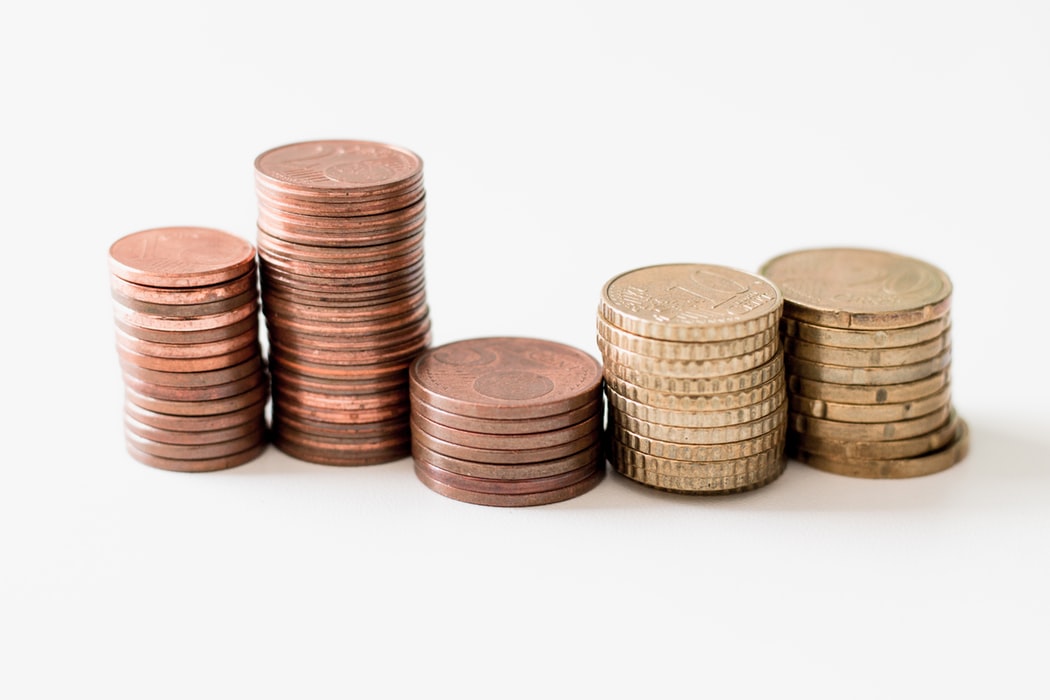Many people want to improve their financial situation, but don’t know where to start. It can be overwhelming to look at credit card debt, income, and expenses and determine how to make changes. There is no doubt that this endeavor requires planning and learning to stick to the plan, but it can be done by making some basic changes. If paying off debt is a part of the problem, there are loan products such as title loans that can make all the difference. Take a look at the following seven ways to improve finances.
1. Follow a Budget
No matter how much money a person makes, it is important to set up and follow a budget. This helps a person see exactly how much money is coming in and what it is being used for. It also allows for financial planning for the future. If someone doesn’t make enough money, it will be easier to determine what expenses can be cut when a budget is in place.
It is important to distinguish between fixed expenses such as rent, a mortgage payment, or a car payment, and variable expenses, which include dining out, clothing, and entertainment. This provides an opportunity to evaluate and revise the budget as needed and gives a person control over his or her financial situation.
2. Pay off Credit Card Debt
Credit card debt can be the thing that stands in the way of improving one’s financial situation. It can be tempting to use credit cards to pay for larger purchases without the means to pay more than a minimum payment. In addition, carrying a balance of more than 30 percent of a card’s available credit will lower a person’s credit score and add up quickly in interest payments.
The best way to pay off credit card debt is to pay off one card at a time. If there is no extra money in the budget, there are loan products such as an auto title loan that can help make this happen. This kind of loan is very easy to obtain, as all it requires is a vehicle with a clean title. Paying off credit card debt will improve one’s financial situation.
3. Contribute to Savings Every Month
It is amazing how a savings account can add up over time. By contributing a set amount each month, emergency cash or money for retirement can be accumulated. It is a good idea to set aside between five and ten percent of each paycheck before bills are paid. This is a great habit to have, and it will make one’s financial situation much better in the long run.
4. Spend Less Than You Earn
It is important to spend less than you earn, but you can also try to earn more than you spend. One way to achieve this is to cut costs, and another is to find a new job or add a side job to the schedule. By looking over the budget, simple changes can be identified that can help reduce spending to the level it should be. If it is not possible to cut costs, it will be necessary to earn more, whether through a raise, a new job, or a side gig.
5. Consider a Retirement Plan
Companies often have a retirement plan for their employees, and they will match employee contributions. By contributing $25 a month, a person can realize a $50 net gain. If the company does not offer a retirement plan, it is possible to open an IRA. Either way, it can improve a person’s financial situation and provide money for retirement and beyond.
6. Keep Financial Records
It is important to keep financial records throughout the year so taxes can be filed accurately and all allowable deductions can be claimed. Using financial software can not only help with gathering this information, but also with tracking expenses throughout the year. The more organized a person is with their financial information, the easier it will be for them to improve their financial condition.
It can be easy to use credit cards and build up debt, but it is never too late to make a change and eliminate it. Keeping good financial records makes one’s financial situation clear, which is the first step to improving it.
